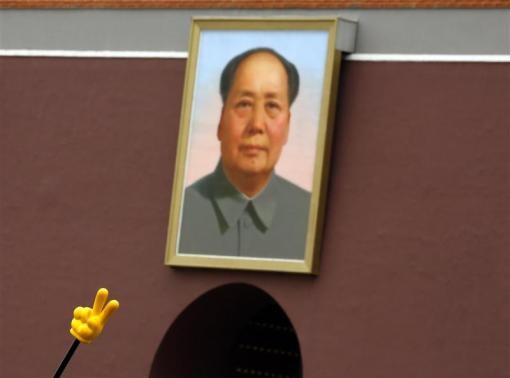Qi Benyu, the only remaining member of China's Central Cultural Revolution Small Group, passed away at the age 85 on April 20, Wednesday.
A close ally to communist leader Mao Zedong and his wife Jiang Qing, Qi was known for his ultra-left views and active participation in the decade-long revolution.
Until his last breath, the propagandist remained unremorseful about the movement, which is now seen as a time of "internal turbulence" and "disaster," according to the South China Morning Post.
"Qi continued to air his ultra-left views, with radical calls to relaunch the Cultural Revolution in the country," the SCMP reported.
The propagandist joined the Communist Party in 1949. For a time, he was the deputy editor-in-chief for the Red Flag, the party's political journal during the period of the Great Leap Forward.
Qi's rise to power under the Communist Party started in 1966 amid the declaration of the Cultural Revolution. In the same year, he became Mao's secretary and wrote many speeches and articles for the Communist Party chairman.
"Back then, the chairman told me with great assurance that a young fellow like me might be able to see the dawn of communism so long as we continued making revolution," said Qi in an essay written in Chinese and translated byThe Wall Street Journal.
In 1983, Qi was sentenced to 18 years imprisonment for being an active contributor to a "counterrevolutionary propaganda."
Half a century later after the Revolution sparked, Qi's death was met with silence, observers said.
"Qi's death went unmentioned in party newspapers, which have also been overwhelmingly mute about the anniversary of the Cultural Revolution," noted the New York Times.
The WSJ, meanwhile, said that the propagandist's death "barely caused a stir, ignored by officialdom and most mainland media."
"Their silence, analysts [said], underscored the Communist Party's lingering unease over the darker dimensions of Mao's legacy," the WSJ added.
Qi died in Shanghai after battling cancer, according to the WSJ.



























